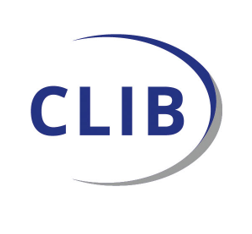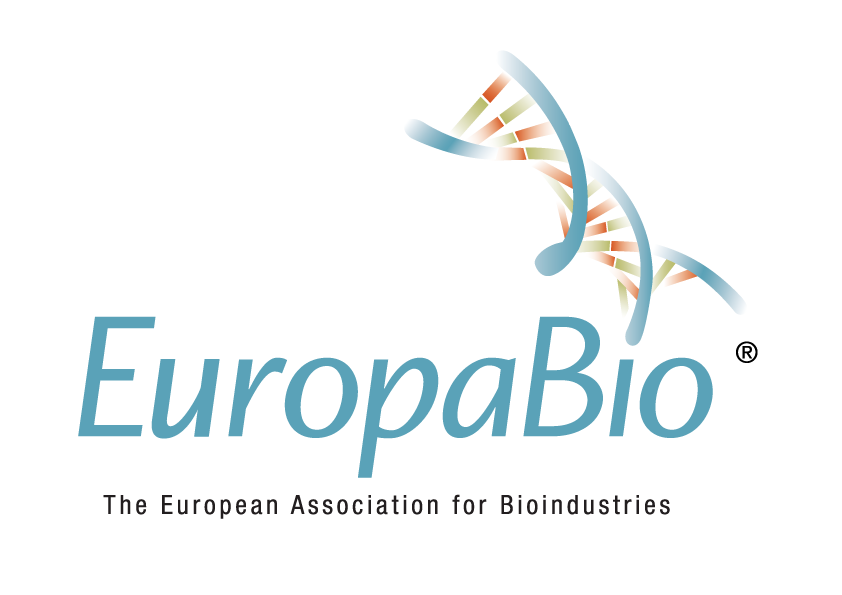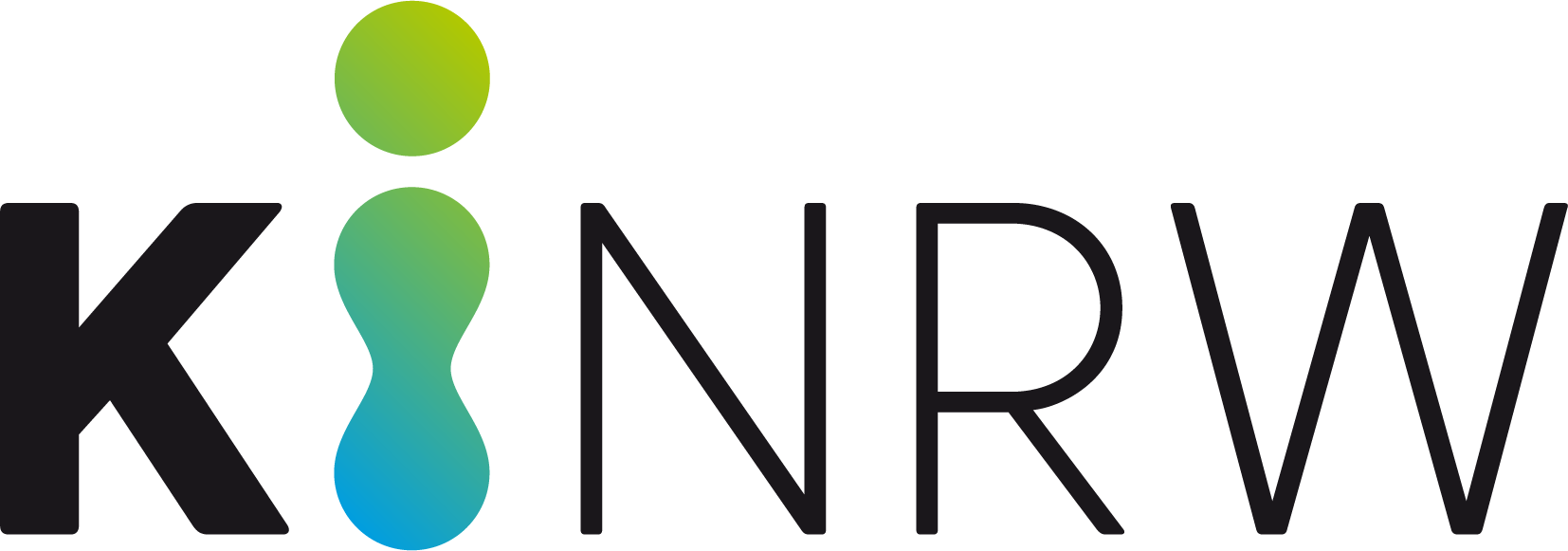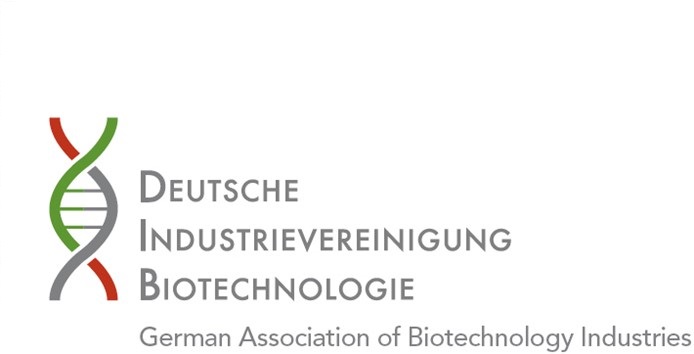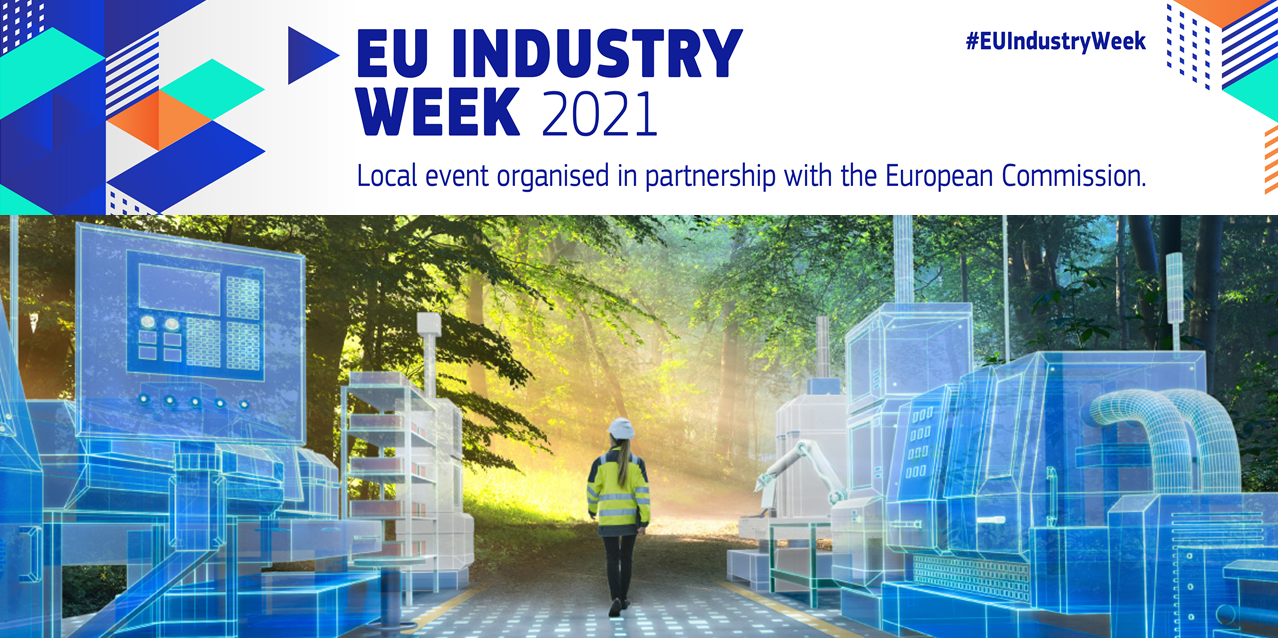
Driving Change – How Green Chemistry and Digitalisation lead the way to a Sustainable Economy
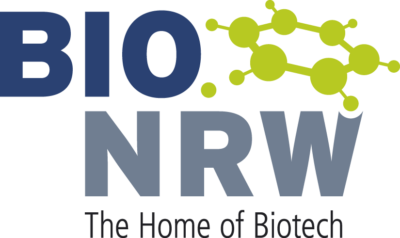
| 18.03. & 19.03.2021 10:00 am – 2:45 pm (CET) |
||
| Webinar | ||
| Book here (free of charge) | ||
| Programme | ||
| Contact for queries | ||
| Speakers |
Book your Event here
Speakers
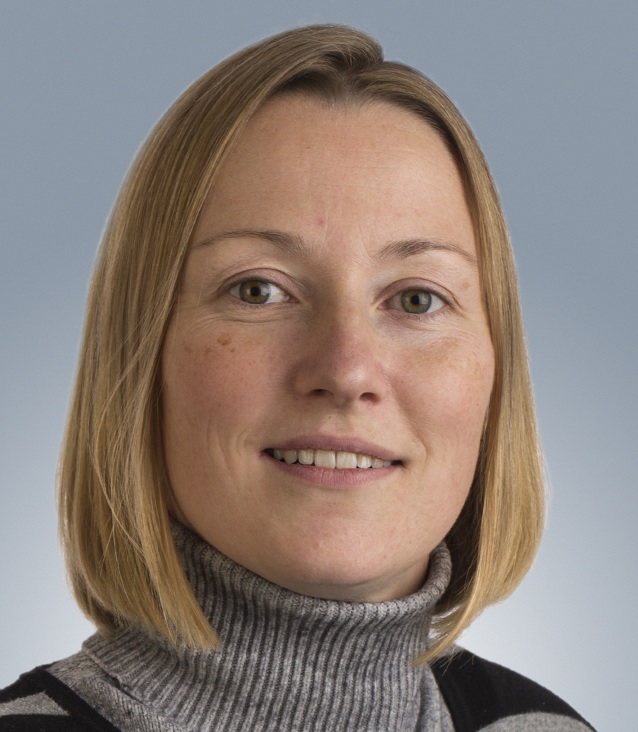
Prof. Ilka Maria Axmann - Heinrich Heine University Düsseldorf
Ilka Maria Axmann is Professor for Synthetic Microbiology at Heinrich Heine University Düsseldorf, Germany, and a mother of two children. She has a background in Molecular Biology and Biotechnology, and is fascinated by understanding and designing DNA.Her research focuses on tools that unleash the enormous power of cyanobacteria for future green biotechnology. Cyanobacteria are extremely adaptable, fast-growing, solar-powered cell factories that, like plants, are able to convert carbon dioxide into sugar and oxygen and thereby produce a large number of important compounds.
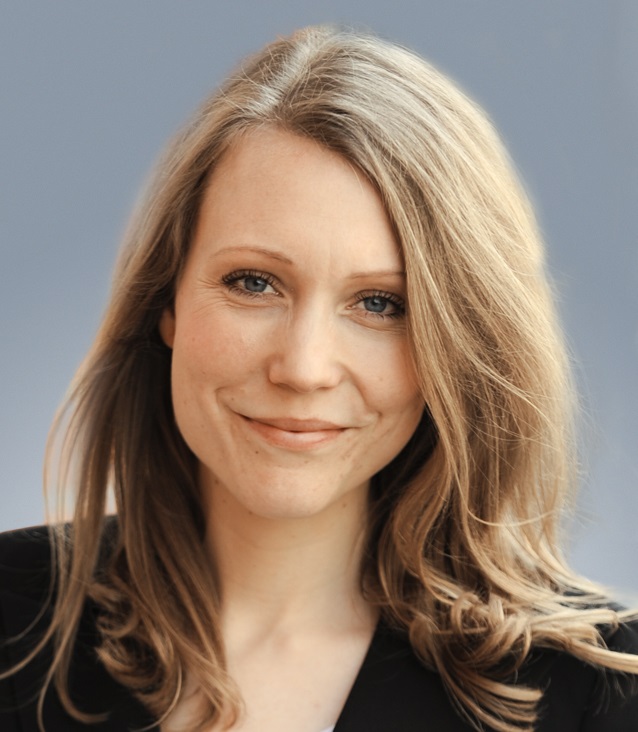
Agnes Borg - EuropaBio
Agnes joined EuropaBio’s Industrial Biotechnology team in 2015 and has been appointed as Industrial Biotech Director in September 2018. Prior to this, she worked as EU Public Affairs Consultant for Weber Shandwick for 5 years, specialising in the fields of environment and sustainability. She also has work experience from the European Parliament and the Swedish Embassy in Lisbon. Agnes is a Swedish national who has studied Political Science and International Relations in Sweden, Belgium and Spain. Apart from her native Swedish, she speaks English, Spanish and French.
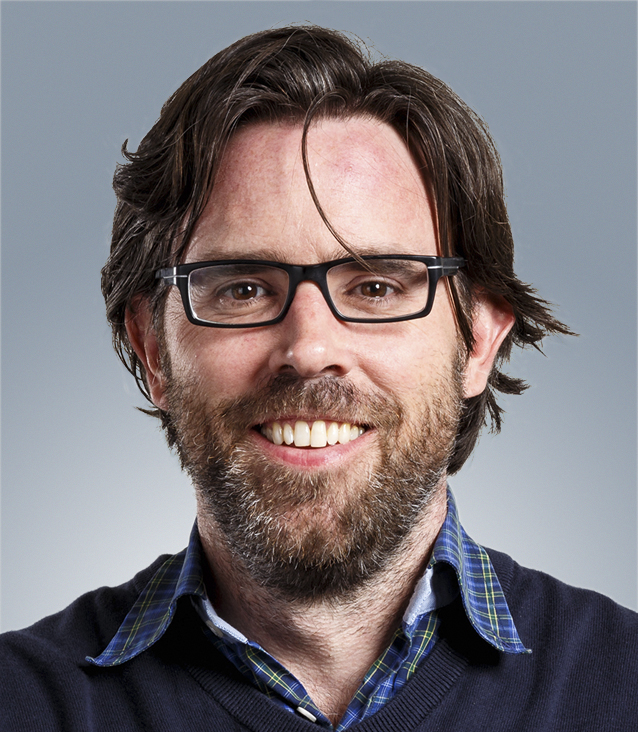
John Fox - Covestro
John is a designer and innovator at heart. Since 1996, he has worked in the IT business with positions ranging from “solution architect” to “interactive director” to “user-experience designer”. His broad skillset facilitates communication and understanding between various stakeholders in order to design, build and implement innovative solutions – his current involvement with Covestro’s Circular Economy efforts is no different. At Covestro he manages the development of their digital material tracing capabilities. John sees digital material tracing as a foundational, enabling technology not only for Covestro, but for industry as a whole.
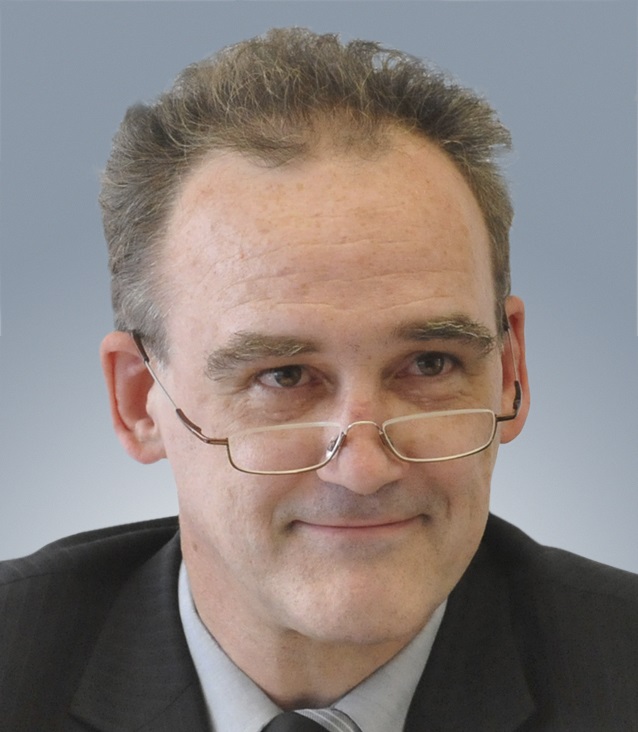
Dr Ricardo Gent - German Association of Biotechnology Industries (DIB)
Dr Ricardo Gent is Executive Director of the German Association of Biotechnology Industries (DIB) within the German Chemical Industry Association (VCI e.V.). He is an agronomist and received a doctorate in Phytopathology. He brings over 25 years of experience in political and regulatory issues concerning biotechnology. DIB represents VCI member companies and VCI member associations and their respective member companies on a national, European, and international level. Since DIB was founded in 1997, it has evolved into one of the world’s largest industry representations for biotechnology. The political, regulatory, technical, and scientific topics covered by DIB range from industrial, economic, innovation, trade, investment and fiscal policies over international standardization and major endeavors such as enabling an industrial bioeconomy all the way to occupational safety and health for activities involving biological agents.
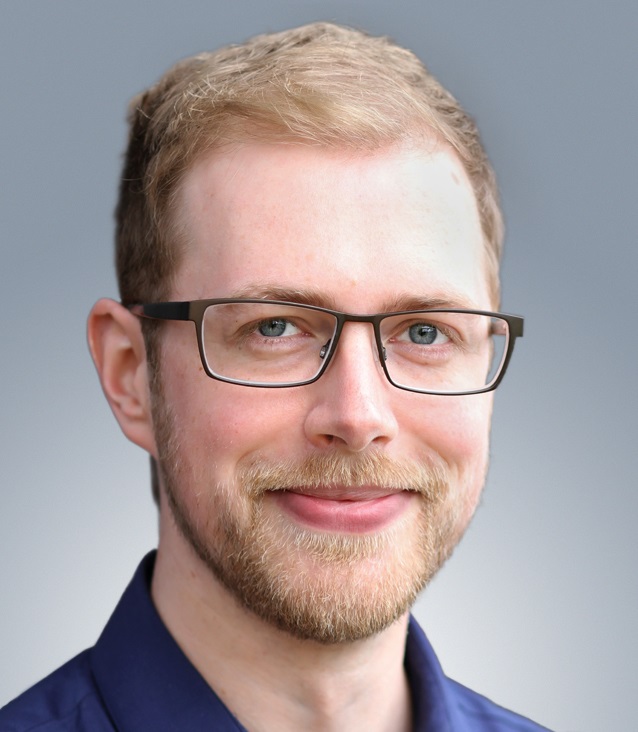
Dr Marc Hayes - Enzymaster
I started my journey into the field of biology and chemistry with an apprenticeship as a biological-technical assistant (BTA/ lab technician). After completion of the apprenticeship, I decided to dive deeper into the area of biochemistry and achieved a bachelor’s and master’s degree in biochemistry at the Heinrich Heine University Düsseldorf. During my studies I focused strongly on protein biochemistry and organic chemistry. This combination led to my doctoral thesis in the Institute of Bioorganic Chemistry of Prof. Pietruszka (HHU Düsseldorf) focusing on biocatalysis for synthesis. This encompassed the mutagenesis of glycosidases to glycosynthases for the application in glycoside synthesis. As a postdoctoral researcher I further worked on enzyme engineering and biocatalysis applying aldolases. Now I am applying this experience as a Business Development Manager at Enzymaster Deutschland GmbH. Here, I am supervising our ongoing customer projects and searching for exciting opportunities to develop new products and services for biocatalysis.
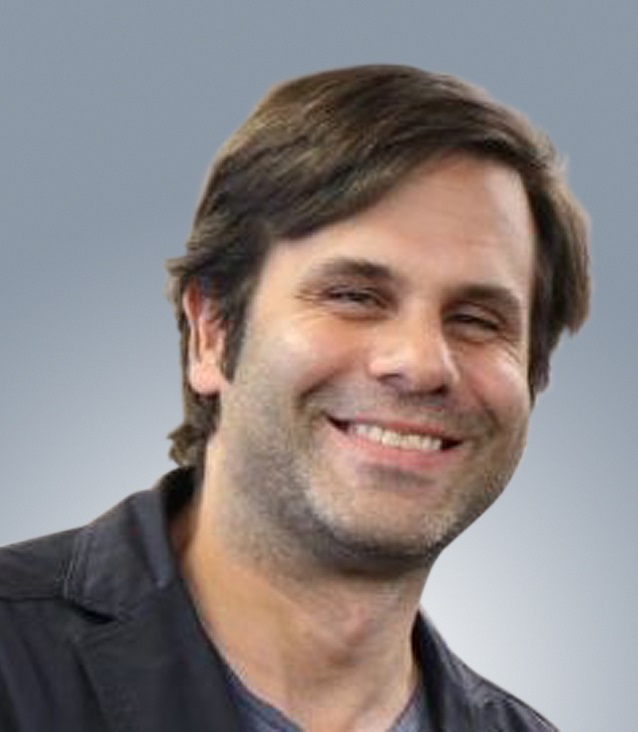
Dr Peter Jarowski - ChemAlive
Peter Jarowski, Ph. D. is Director of ChemAlive – a contract research partner and software developer in the area of digital chemistry located in Lausanne. Over the years Peter has sought to challenge the wider chemical industry to adopt a more data driven approach to fundamental R&D and to move away from inefficient trial and error approaches to new chemistry. Peter and his team have had a number of opportunities to directly impact the ultimate sustainability aspects of new chemistry and to improve the sustainability of older processes using modern advanced digital tools and physics based on quantum chemistry. The team envisions a world where rational computational design is encoded in all chemical R&D leading to more innovation, quicker and outcomes that can be aligned with a greener healthier world.
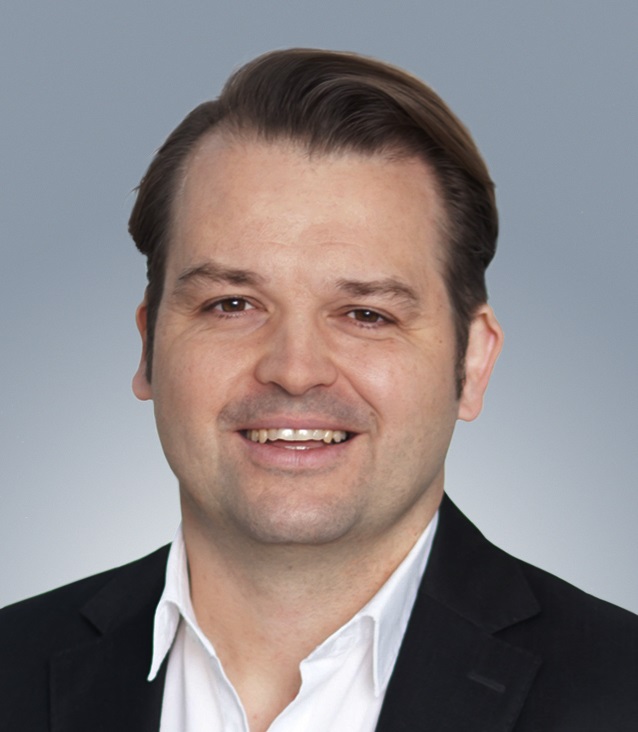
Dr Frank Kensy - b.fab
Dr Frank Kensy is Managing Director & Co-founder of b.fab. He is further a serial-entrepreneur, an expert in bioprocess development and lab automation, and has 22 years experience in the biotech industry.
b.fab is specialized in C1 Bioeconomy und uses CO2 as feedstock. In a first step, we efficiently convert CO2 into formate with an electrolyzer. In a second step, formate is used in a bioprocess which converts formate into value-added chemicals, feed proteins and biofuels. We apply Synthetic Biology to engineer microbial cell factories for production of specific products. Our technology platform is built on anaerobic and aerobic microbial cells to provide flexibility in the process design and adaptation to specific product requirements. b.fab offers pathway design, strain engineering, process development and technology licenses to its customers from the chemical, cosmetic, feed and energy industry.
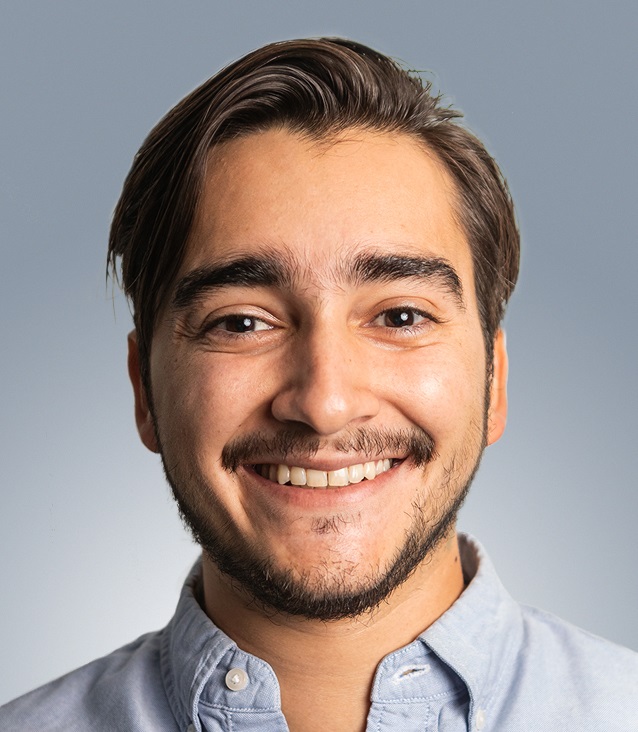
Juan Pablo Medina - Kaffe Bueno
Juan Pablo Medina is Co-Founder and CEO of Kaffe Bueno. He is a Circular Bioeconomy activist, using coffee’s by-product as platform to develop ingredients for foods/beverages and cosmetics.
You can reach Juan Medina via Social Media: twitter: @jmed64833281 or via linkdin.
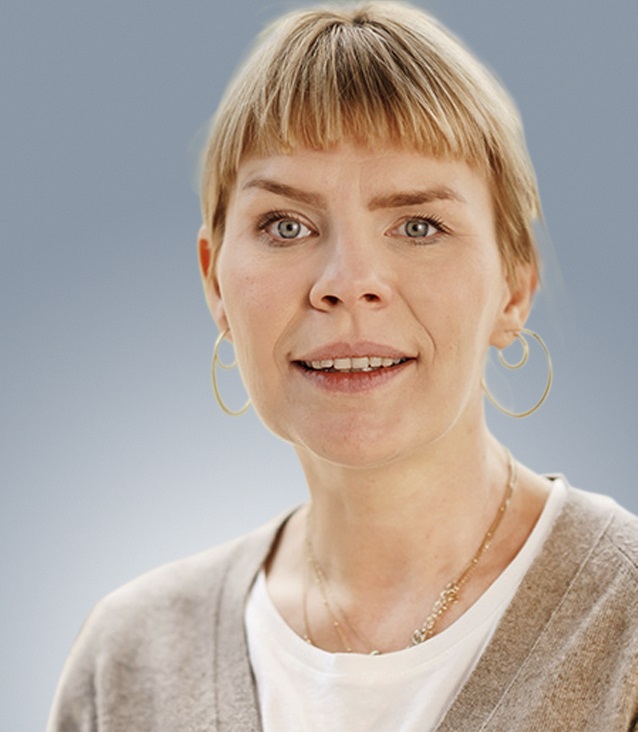
Dr Julia Reinermann - FernUniversität Hagen and Ruhr-University Bochum
Julia is a researcher at FernUniversität in Hagen and associated at the Center for Environmental Management, Resources and Energy (CURE), Research group Participation and Transformation at the Ruhr-Universität Bochum. She studied communication science and social sciences and completed her doctoral thesis on emotions and sustainability movements. For several years she is been working on questions of participation and consumer communication in the field of sustainable bioeconomy and circular economy.
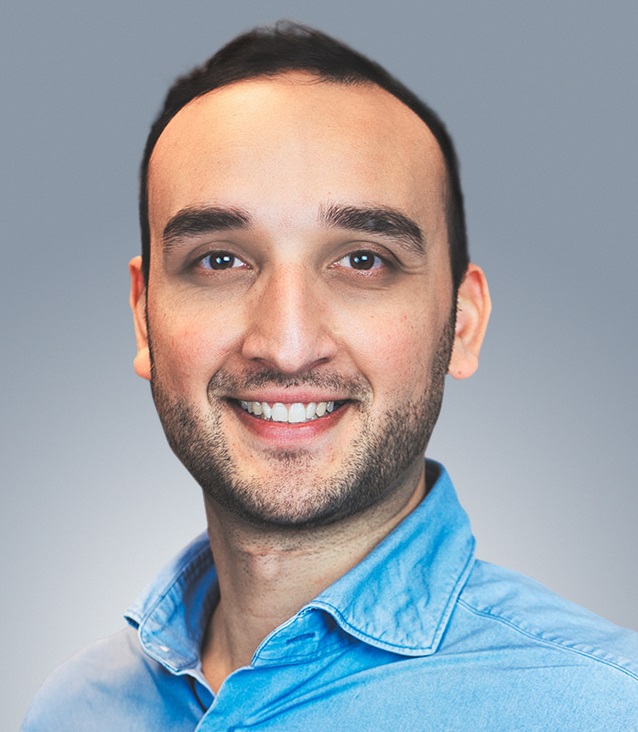
Mesbah Sabur – Circularise
Circularise was founded by Mesbah Sabur and Jordi de Vos in the summer of 2016 at the Yes!Delft Incubator. The idea came to Mesbah after visiting recycling plants as part of his graduation project and seeing how many products couldn’t be recycled because of the lack of information on their composition. He realised that without introducing more transparency in supply chains, the circular economy will never be achieved. In order to solve this problem, he partnered with Jordi. Together they’ve raised grants from the EIT Raw Materials, the largest consortium in the raw materials sector worldwide, and founded Circularise.
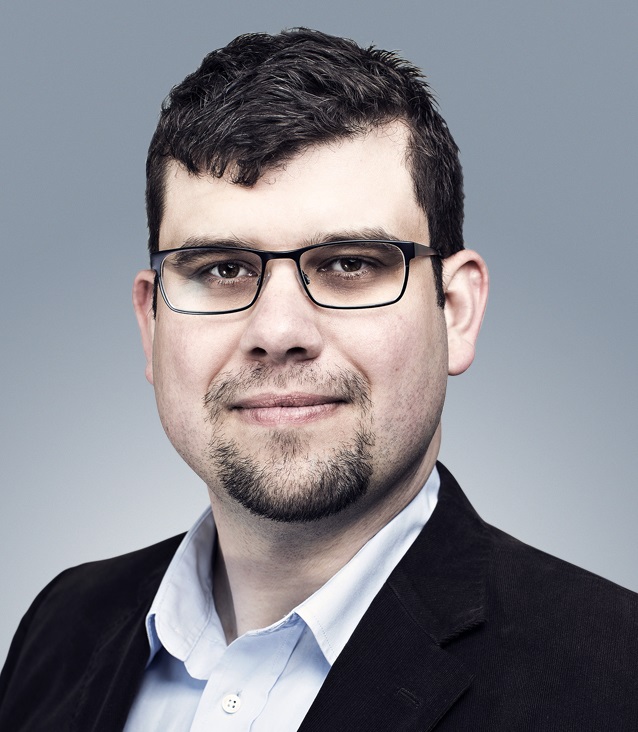
Mike Schnoor – Digital Hub Cologne
As Head of Communication at Digital Hub Cologne, Mike Schnoor is responsible for the company’s marketing, public relations and events. Mike is always committed in helping companies to compete successfully in diverse digital markets. As a digital leader, he identifies current trends and merges new ideas in order to enable companies to create new business models. He regularly shares his experience from the past 20 years in the digital industry in various publications.
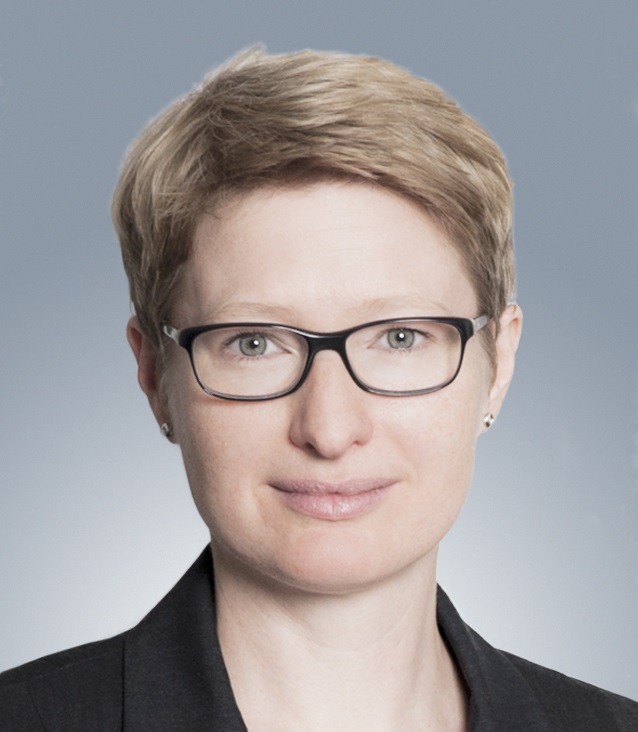
Dr Tatjana Schwabe-Marković – CLIB
Dr. Tatjana Schwabe-Marković is Senior Project Manager at the Cluster Industrial Biotechnology, CLIB. She obtained a doctorate in biology from the Ruhr-University of Bochum. Her postdoc research at Turku University and the University of Geneva was partly funded through a FEBS scholarship and a DAAD fellowship. After 10 years in basic research, she joined CLIB in 2009 as scientific advisor and coordinator of the CLIB-Graduate Cluster Industrial Biotechnology. She has since managed several projects at CLIB, aiming to bring the worlds of science and industry together to generate new ideas for bio-based processes and products. Currently, she is mainly responsible for European projects and partnerships. Her thematic focus in the cluster’s work are high-performance ingredients through industrial biotechnology for areas such as food, feed, and textiles, and support for SMEs.
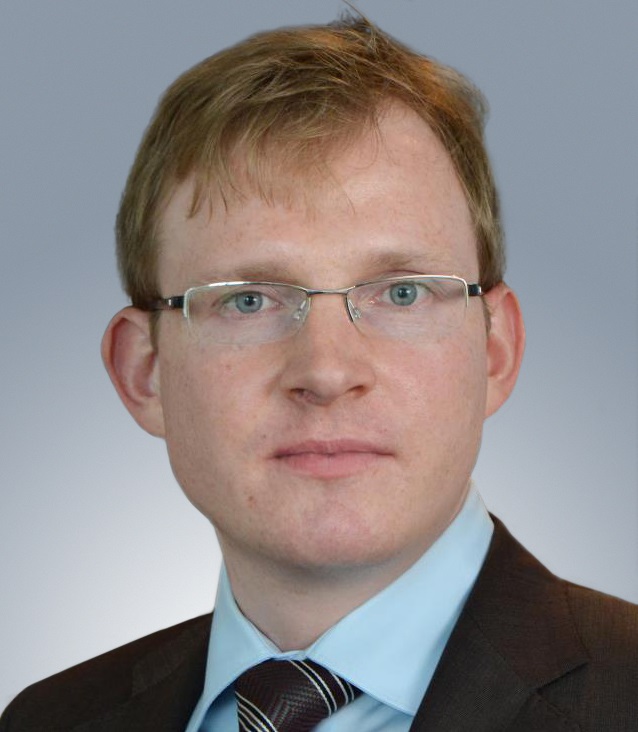
Dr Christian Schwarz – Numaferm
As managing director and innovator, Christian Schwarz, 37, heads Numaferm GmbH. He holds a doctorate in biochemistry. Numaferm is a biotech company with a focus on the development and production of peptides. Numaferm focuses on sustainable and scalable technologies that significantly reduce the development and production costs of peptides. Our vision is to make peptides available and affordable as an innovative raw material for existing markets and completely new applications.
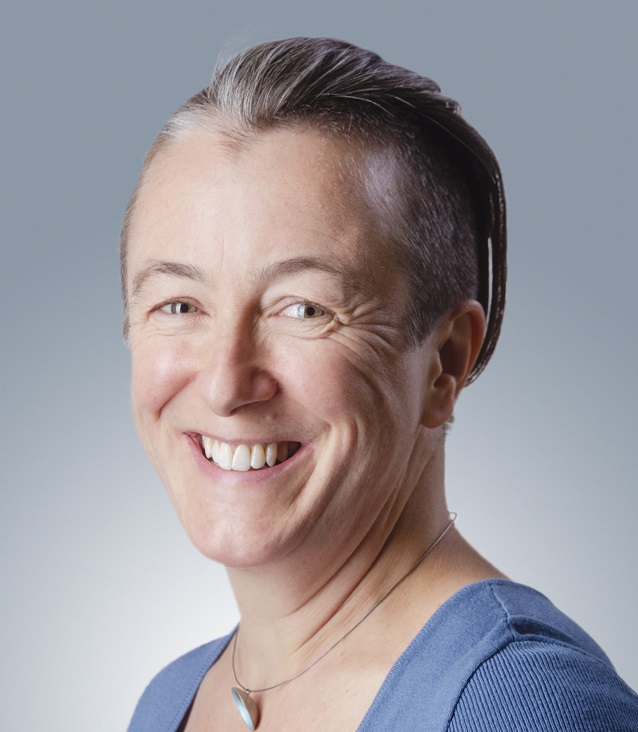
Dr Claire Skentelbery – EuropaBio
Claire holds a PhD in biochemistry and has worked in the development of scientific networks and associations for over 15 years. She started her career as part of the Cambridge biotech cluster in the UK within the cluster business network and was a founder of the Council of European BioRegions, a network of biotech clusters across Europe. She brought herself and CEBR to Brussels in 2009 where she also took on the role of SG for the European Biotechnology Network, working across sectors, organisations and countries as part of the EBN mission to facilitate partnerships. Before being appointed as EuropaBio’s Director-General, Claire took up her role as DG of the Nanotechnology Industries Association.
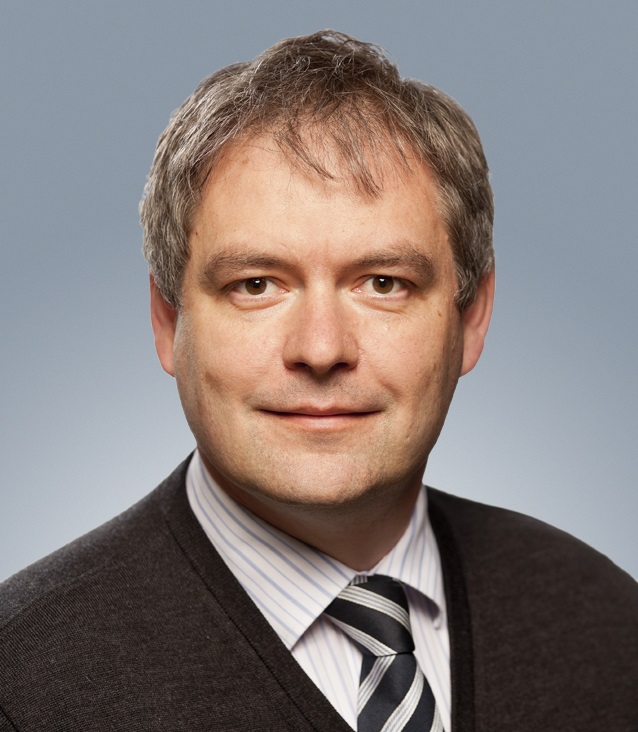
Prof. Waldvogel – ESy-Labs GmbH
Prof. Siegfried Waldvogel holds a chair for electroorganic chemistry at the university of Mainz and is cofounder of ESy-Labs. ESy-Labs as an innovative spin-off from the Johannes-Gutenberg-University Mainz and the Fraunhofer Society is specialised in electrosynthesis for the production of organic fine and specialty chemicals as well as inorganic resources. ESy-Labs provides electrosyntheses from the g-scale to the low ton-scale per year, being supplemented by integrated biotechnological and chemical catalytic process steps. This gives ESy-Labs a worldwide unique service portfolio. Founded in August 2018, the company works between the production of renewable energy and chemical conversion. Based on that, ESy-Labs offers consulting, custom electrosynthesis and process development, to enable the technology electrosynthesis tailored to suit a market need and cost-efficient for customers.
